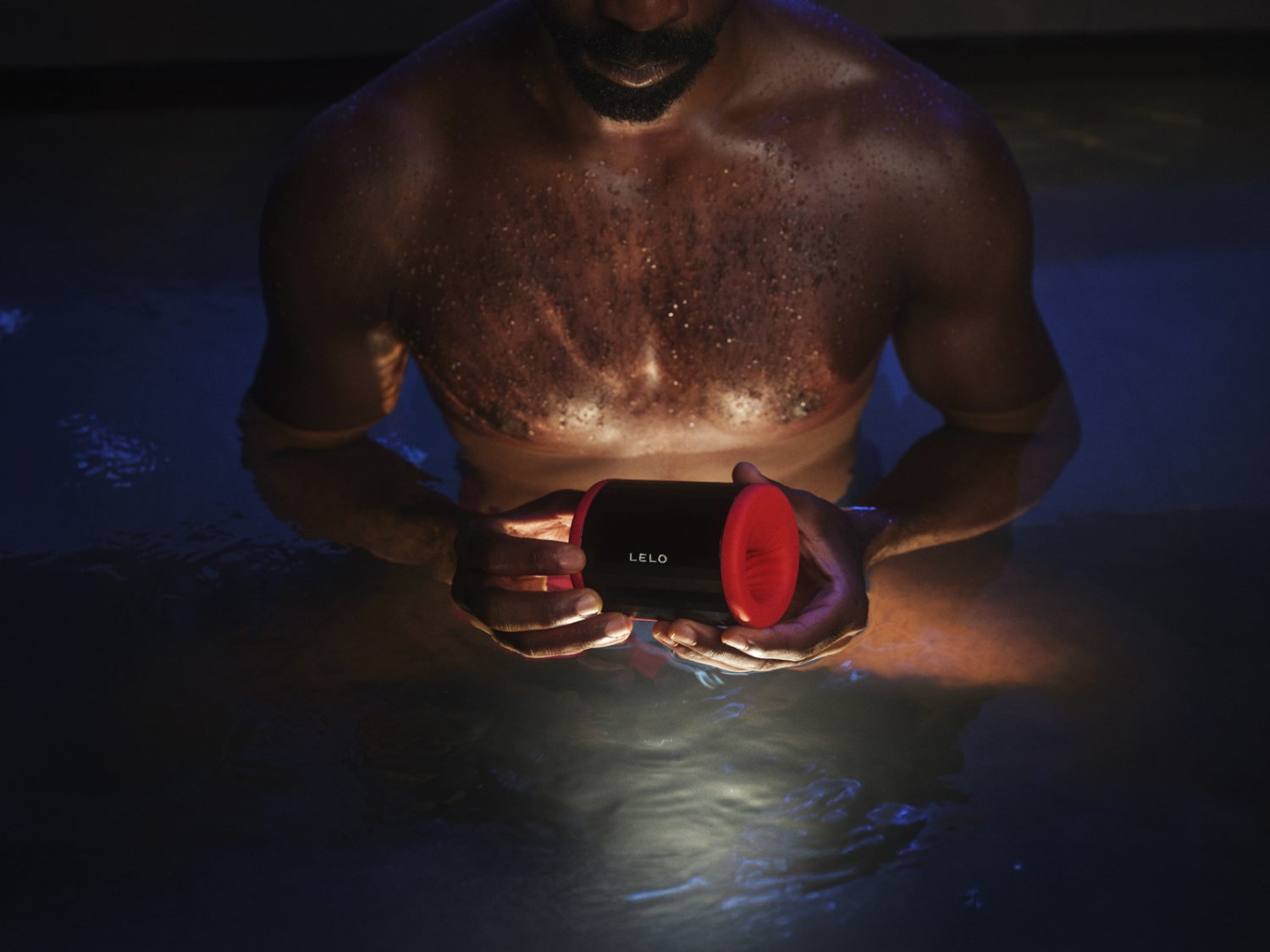TW: Mentions of rape, sexual assault and trauma. Take care while reading or feel free to skip this one.
Let’s touch on a topic several of you have been asking me about lately: how to be a proudly sexual person, when you’ve survived sexual assault.
It’s a deep topic, one that doesn’t get discussed out loud enough. But, my view? We SHOULD talk about it, because if you haven’t experienced assault directly, I can almost guarantee you know someone who has. And if this has happened to you, you deserve healing and a joyful sex life.
Let’s explore what sexual assault is and how it affects the body, how to talk about it with a partner, and how it can be processed so you can fully enjoy your intimacy.
Note: this is also good info for anyone who would like to support a partner or a friend.
What is considered sexual assault?
Any non-consensual, unwanted sexual activity imposed on another person. This could look like forcing a person to do something sexual, trying to sexually engage with someone when they’re unable to consent, or any form of sexual contact (touching, grabbing, masturbating in front of them, etc) that they haven’t consented to.
Additionally, a person can change their mind at any time about consenting to sexual acts. If you’re hooking up, and one of you expresses that you’d like to stop, it’s time to stop. Forcing it to continue is assault.
Now, I would give anything to live in a world where the rules above are universally respected and followed. Especially because they are quite clear. But the facts are*:
- Every 68 seconds, an American is sexually assaulted
- Every 9 minutes, that victim is a child
- 1 out of every 6 American women has been the victim of an attempted or completed rape in her lifetime
- About 3% of American men—or 1 in 33—have experienced an attempted or completed rape in their lifetime
If you’ve spent any time in the Sex With Emily community, you know we’re a sex positive crowd. So it can be shocking and frustrating to see statistics like these, because our vibe is pro-consent, pro-communication, pro-collaborative pleasure.
And yet: this issue is incredibly widespread. All the more reason to educate ourselves on sexual assault, and the trauma it leaves.
What does trauma after sexual assault feel like?
One of the most helpful resources I’ve ever come across for trauma is Bessel van der Kolk’s book, The Body Keeps The Score. Here’s a quote:
“Traumatized people chronically feel unsafe inside their bodies: The past is alive in the form of gnawing interior discomfort. Their bodies are constantly bombarded by visceral warning signs, and, in an attempt to control these processes, they often become expert at ignoring their gut feelings.”
If you’ve ever had to deal with trauma, you know the confusion it creates. On the one hand, you’re constantly scanning for threats; on the other hand, you don’t know if you can trust yourself to make judgment calls. That’s because it’s difficult to listen to your body: when you’ve been traumatized, the body isn’t a safe place to be.
In a sexual context, trauma can look like flashbacks, it can be a sudden sense of fear or threat (even when you’re with someone you trust), it can look like hypervigilance, it can create intrusive thoughts while sex is happening, and probably most commonly, it can prevent you from sinking into the present moment and fully letting go with your partner.
How to talk about past sexual assault with a partner?
This is another, related question I get a lot. I think it’s helpful to consider a few things before sharing with a partner.
First, ask yourself: do you feel respected and loved by this person? Can you trust them to support you when you’re in a vulnerable state?
Those are the most fundamental questions when deciding to share. If the answer is “yes” to both, here’s what I recommend.
- Think about what you need from your partner, and tell them. Would it be helpful for them to hold your hand? To be a gentle listener? You can ask for specific support.
- Consider writing it down first. Revisiting trauma can be triggering, and by writing it down you’ll get a better sense of what you’re comfortable sharing.
- Give yourselves plenty of time, and do it at a time you won’t be interrupted.
- Know that everyone responds in their own way, but it’s OK to set boundaries. For example, if your partner feels angry on your behalf, that’s understandable, but you may not want them to enact angry behaviors (like shouting). Be clear about what you don’t want.
One of the hallmarks of trauma recovery is support from safe people. Trauma requires corrective experiences, and in a sexual context, that looks like someone stopping when you need to stop, not coercing you or guilting you into sex, and being just as invested in your pleasure as they are in their own.
So this conversation is an excellent first step, should you decide to have it. Let’s look at the various ways you can continue processing trauma, and “digest” it to the point where it doesn’t interfere with your sexual present.
How do you work through sexual trauma, and get comfortable with intimacy after abuse?
I alluded to it above, but to me there are three crucial elements to a trauma healing journey:
- Letting go of self-blame or shame: “I drank too much/I was wearing something too sexy/I led them on/they’re my partner so of course I should have let them.” This is a common reaction, but you didn’t do anything wrong. It’s the mind’s way of trying to make sense of something very challenging.
- Connecting with safe people: therapist, friends, fellow survivors, community in any form. Relationship is the crucible of healing, and being around reliable people soothes the nervous system.
- Restoring a physical, joyful relationship to your own body: creative movement, mindful meditation, breathwork, self-care, yoga. These help reboot the nervous system and get you back in your body.
Everyone’s healing process is going to look a little bit different. But the goal is to restore a sense of bodily autonomy and safety: the precursors to relaxation and pleasant arousal.
Keep in mind, “arousal” is a neutral term, and isn’t inherently sexual. It can also be a fear response. Breath quickening, heart beating faster, eyes dilating: this is what happens when you’re turned on and having sex with a partner. But sometimes the body misinterprets the signals, so if you’re ever in a situation where sex feels amazing with your partner one second, then uncomfortable the next, it’s OK to stop. Your nervous system is still calibrating itself to this safe, secure situation, and flare-ups now and then are normal.
Take Time for Yourself
Another way to reestablish an intimate, positive connection with your body is through solo sex or sensual exploration.
For some people with sexual trauma, solo touch isn’t challenging – partnered interactions that are the hard part. But for others, self-touch just doesn’t sound appealing. This is especially true for people who experience shame in the long wake of sexual trauma, and have more or less distanced themselves from their own body.
Healing from sexual trauma is a deeply personal journey, and it’s important to honor your own pace. Remember, you’re not alone—you’re a survivor, and all of your feelings are valid. Take the time you need, and never feel pressured to push forward until you’re truly ready.
*Source: RAINN.org










